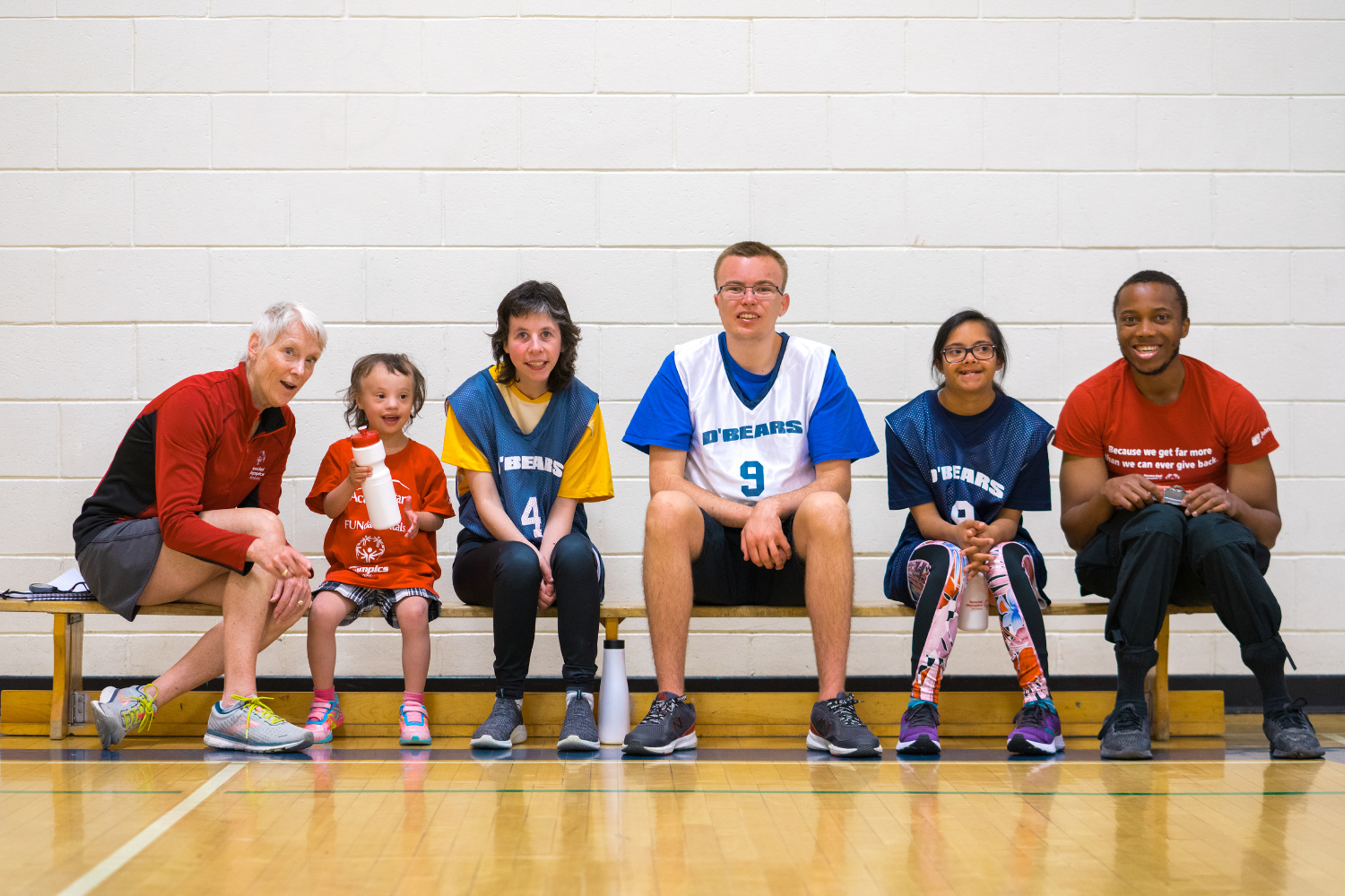Awareness
Safe Sport means that every athlete, coach, volunteer, official, and administrator is safe, supported, and strengthened through Special Olympics programming. We are dedicated to working with our Chapters, communities, and participants to foster an environment that is safe, welcoming, and inclusive where all participants can expect to play, practice, compete, work, and volunteer in an environment that is free from Maltreatment.
For more information on Maltreatment please refer to the UCCMS which outlines the following prohibited behaviours within the Canadian Sport Sector.
-
 Psychological Maltreatment
Psychological Maltreatment -
 Physical Maltreatment
Physical Maltreatment -
 Neglect
Neglect -
 Sexual Maltreatment
Sexual Maltreatment -
 Grooming
Grooming -
 Boundary Transgressions
Boundary Transgressions -
 Subjecting a Participant to the Risk of Maltreatment
Subjecting a Participant to the Risk of Maltreatment -
 Interference with or Manipulation of Process
Interference with or Manipulation of Process -
 Intentionally Reporting a False Allegation
Intentionally Reporting a False Allegation -
 Discrimination
Discrimination -
 Aiding and Abetting
Aiding and Abetting -
 Failure to Report
Failure to Report -
 Retaliation
Retaliation
Special Olympics Canada has zero tolerance for any forms of maltreatment. Individuals should report instances of maltreatment or suspected maltreatment to their local Chapter, Special Olympics Canada, or to the Office of the Sport Integrity Commissioner (OSIC), to be reviewed under the terms of the applicable policy.
* Remember, Safe Sport is not about disagreeing with a decision that was made (i.e. team selection, playing time, official’s call). It is also not about appropriate consequences for not following rules or team expectations. Safe Sport is about creating an environment that is free from all forms of maltreatment.
Safe Sport Tips for Coaches/Volunteers
OK |
NOT OK |
| Training/Practicing in open and observable environments | Training/Practicing alone with an athlete where others can’t observe |
| Team/Group texts or emails | One on one text/email with an athlete |
| Touching an athlete to demonstrate proper technique with their permission | Touching an athlete unexpectedly or frequently for no reason and/or without permission |
| Speaking to athletes, other coaches, officials, and volunteers respectfully | Using intimidating, insulting or offensive language/actions towards others |
| Running exercise drills for training and development | Using exercise as a form of punishment for not listening/achieving results |
| Managing athlete behaviour and discipline following SOC’s policies | Yelling, talking down to, and/or isolating an athlete |
| Creating a safe, equitable and inclusive environment | Creating an environment that is not positive, safe, and fun |

